Table of Contents
Hydroponics – it’s not just for hippies anymore! In fact, it’s becoming an increasingly popular way to grow crops, thanks to its many benefits. But if you’re new to hydroponics, you might be wondering how to keep those plants fed and happy. That’s where nutrient solution management comes in!
Now, I know what you’re thinking – “Ugh, another thing to manage? Can’t the plants just feed themselves?” Well, as much as we all wish that were true, plants unfortunately aren’t that self-sufficient. They need the right balance of nutrients to thrive, and that’s where you come in!
But don’t worry – this blog post is here to help. We’ll go over the dos and don’ts of hydroponic nutrient solution management, so you can keep your plants happy and healthy without getting too overwhelmed. So grab your watering can (or hose, or whatever you use to water your plants – we’re not picky), and let’s get started!
The Do’s of Hydroponic Nutrient Solution Management
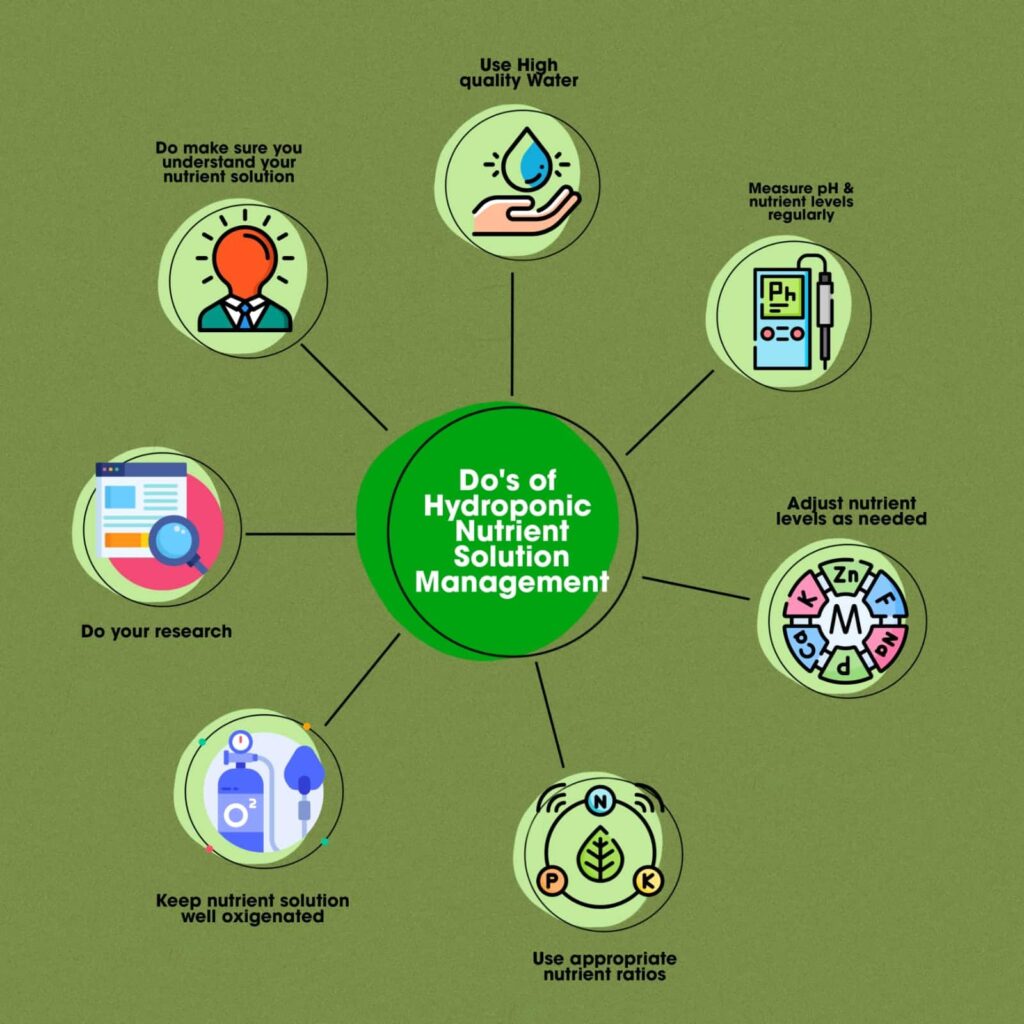
Use high-quality water:
The quality of the water you use for your hydroponic system is critical to its success. Tap water can contain harmful minerals and chemicals that can negatively affect your plants’ growth. Always use high-quality water that is free from harmful contaminants such as chlorine, fluoride, and heavy metals. Using filtered or distilled water is a great way to ensure that the water you’re using is clean and free of impurities.
Measure pH and nutrient levels regularly:
Monitoring the pH and nutrient levels of your nutrient solution is essential to ensure that your plants are getting the right nutrients. Use a pH meter and a nutrient meter to check the levels regularly. Ideally, you should check these levels daily. This will help you identify any imbalances and allow you to take corrective action before it’s too late.
| Know more about “The Importance of pH in Hydroponic Nutrient Solutions“ |
Adjust nutrient levels as needed:
Different plants have different nutrient requirements also plants have different nutrient requirements during different stages of growth. Adjust the nutrient levels in your solution accordingly to meet the changing needs of your plants. You can do this by adding more of a particular nutrient if your plants are showing signs of deficiency or by diluting the nutrient solution if the levels are too high.
Use appropriate nutrient ratios:
Different plants require different nutrient ratios to thrive. Nutrient ratios play a significant role in plant growth and development. Using the appropriate nutrient ratios for the plants you’re growing is essential for maximizing their potential. You can find recommended nutrient ratios for specific plants online or through a reputable hydroponic supplier.
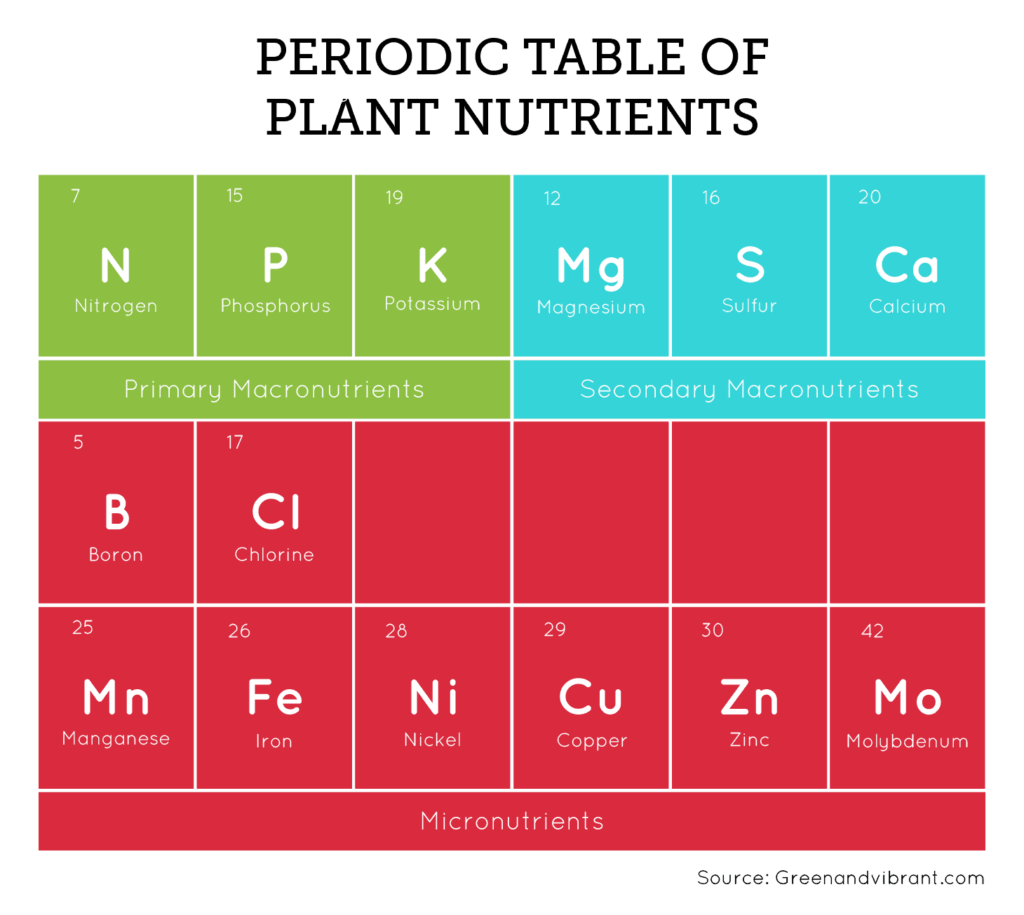
Keep nutrient solution well-oxygenated:
Pathogens and algae can wreak havoc on your hydroponic system, leading to sickly plants and even crop failure. To prevent these issues, make sure to keep your nutrient solution clean and free of contaminants. You can use a UV sterilizer, hydrogen peroxide, or other chemical solutions to keep your solution free of harmful pathogens and algae.
Do your research:
Every hydroponic system is unique, and different plants have different needs. So it’s essential to do your research before getting started. This includes learning about the different types of nutrients, nutrient ratios, pH levels, and temperature requirements for the plants you want to grow.
Do Make sure you understand your nutrient solution:
Understanding your nutrient solution is critical to ensuring healthy plant growth. This includes knowing the different types of nutrients in your solution, how they interact with each other, and how they affect your plants’ growth. Make sure to read the labels and instructions carefully and ask for help if you’re unsure about anything.
The Don’ts of Hydroponic Nutrient Solution Management
When it comes to hydroponic nutrient solution management, there are certain “don’ts” that should be kept in mind to avoid damaging your plants and jeopardizing the success of your hydroponic system.
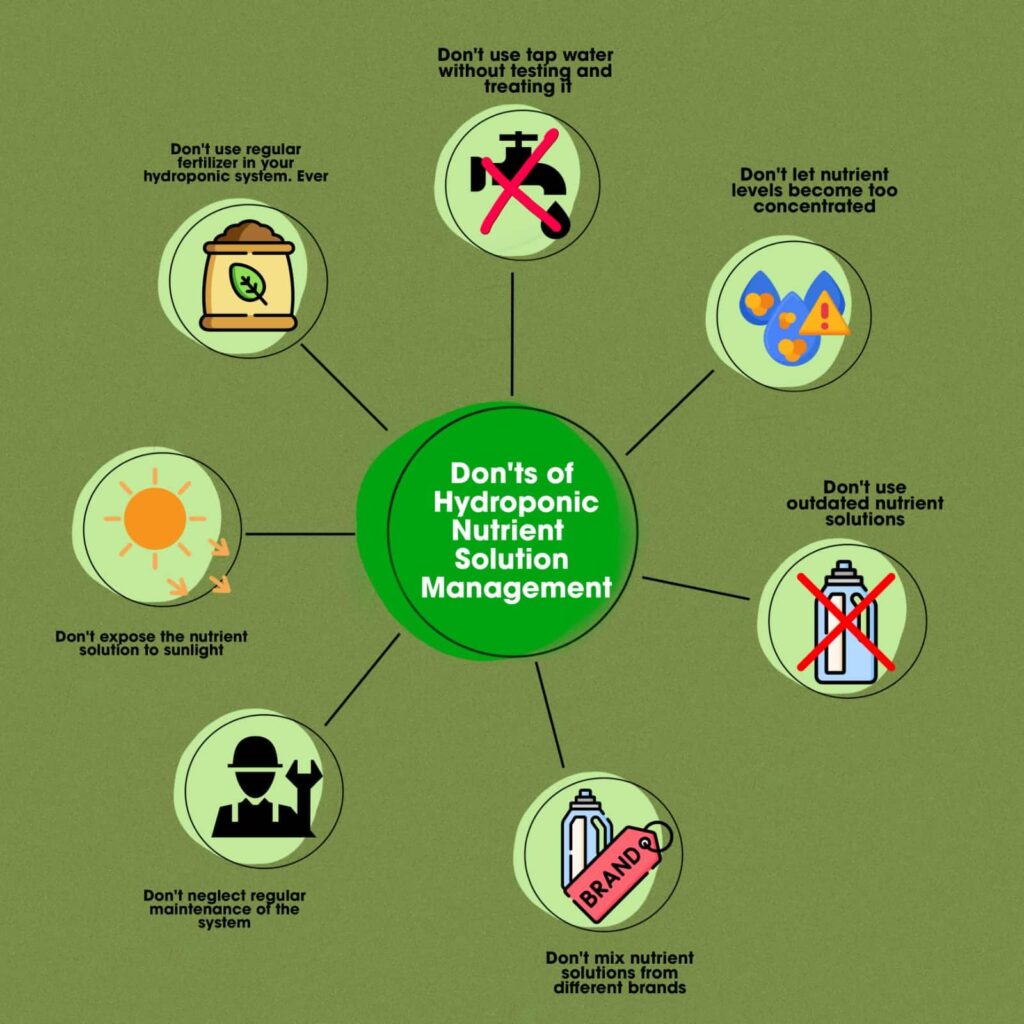
Don’t use tap water without testing and treating it:
The quality of tap water can vary widely depending on where you live, and some tap water can contain harmful contaminants like chlorine or heavy metals. Before using tap water in your hydroponic system, it’s important to test it for pH and nutrient levels and treat it if necessary to ensure it’s safe for your plants.
Don’t let nutrient levels become too concentrated:
Another don’t is allowing nutrient levels to become too concentrated. High nutrient concentrations can be harmful to plants and can even lead to nutrient burn, which can cause damage to the roots and leaves. To avoid this, it’s essential to regularly measure and adjust nutrient levels in the solution.
Don’t use outdated nutrient solutions:
Using outdated nutrient solutions is also a big no-no in hydroponics. Nutrient solutions can degrade over time, losing their effectiveness and potentially harming your plants. It’s important to use fresh nutrient solutions and discard any that have expired or been open for too long. Be sure to regularly check the expiration date of your nutrient solutions and replace them when necessary.
Don’t mix nutrient solutions from different brands:
Mixing nutrient solutions from different brands is another common mistake to avoid. Different nutrient solutions can have different formulations and nutrient ratios, which can lead to imbalances and negatively impact plant growth. Stick to using nutrient solutions from a single brand to ensure consistency.
Don’t neglect regular maintenance of the system:
Regular maintenance of your hydroponic system is crucial for success, so don’t neglect it. This includes cleaning and disinfecting the system regularly and ensuring that pumps and other equipment are in good working order.
Don’t expose the nutrient solution to sunlight:
Sunlight can encourage the growth of algae, which can clog system components and compete with plants for nutrients. Keep the nutrient solution in a dark or opaque container to prevent algae growth.
Don’t use regular fertilizer in your hydroponic system. Ever:
Lastly, don’t use regular fertilizer in your hydroponic system. These fertilizers are not formulated for hydroponics and can contain ingredients that are harmful to plants. Stick to using specialized hydroponic nutrient solutions to ensure the proper balance of nutrients for your plants.
Tips for Troubleshooting Nutrient Solution Problems
This occurs when plants do not receive enough of one or more essential nutrients, such as nitrogen, phosphorus, or potassium. Symptoms of nutrient deficiency vary depending on the nutrient in question but can include stunted growth, yellowing leaves, and poor fruit or flower development.
Nutrient deficiency:
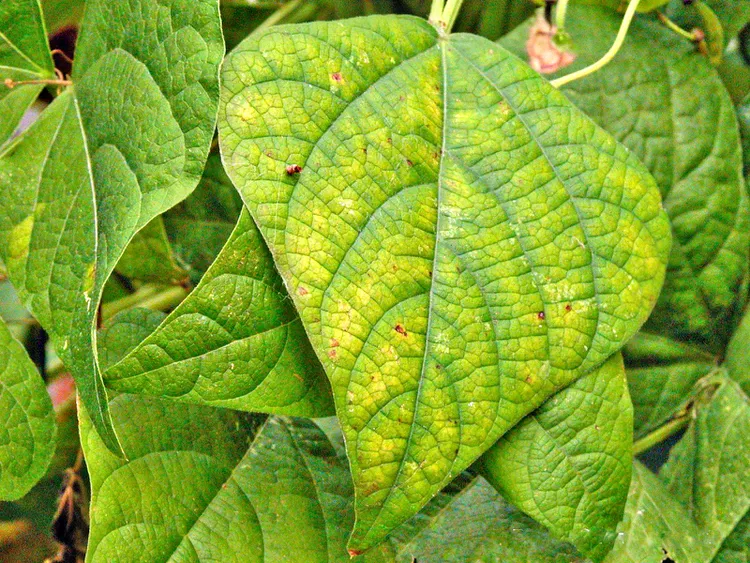
- Cause: Nutrient deficiency can be caused by a variety of factors, including incorrect nutrient ratios, low nutrient levels in the solution, or poor root health.
- Diagnosis: Check your nutrient solution and pH levels regularly to make sure they are within the appropriate ranges. Inspect the plants for signs of nutrient deficiency, such as yellowing or browning of leaves.
- Fix: Adjust the nutrient solution to correct any imbalances or deficiencies. Consider adding a specific nutrient supplement to the solution if a particular nutrient is lacking. Check the root system for any signs of damage or disease and take appropriate action.
pH Imbalance:
The pH of the nutrient solution can greatly affect nutrient availability to plants. If the pH is too high or too low, plants may not be able to absorb certain nutrients.
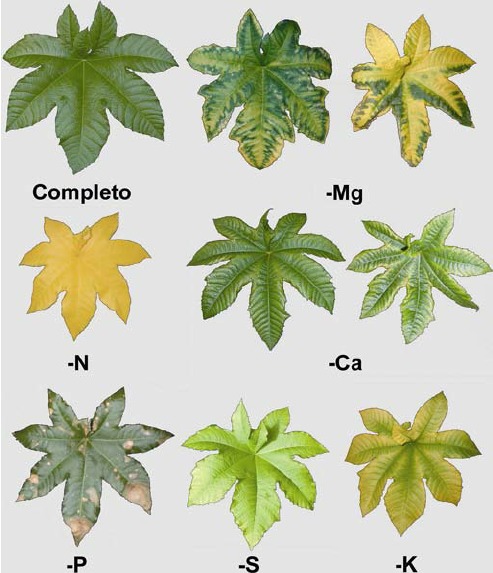
- Cause: pH imbalances can be caused by a number of factors, including incorrect water source, overuse of pH-adjusting chemicals, or the accumulation of salts and minerals in the solution.
- Diagnosis: Test the pH of your nutrient solution regularly to ensure it is within the appropriate range (typically between 5.5 and 6.5 for most plants). Look for symptoms of pH imbalance, such as yellowing or browning of leaves, stunted growth, or nutrient deficiency.
- Fix: Adjust the pH of the nutrient solution using a pH-adjusting chemical or by diluting the solution with fresh water. Consider using a buffering agent to stabilize the pH. Check the root system for any signs of damage or disease and take appropriate action.
Nutrient toxicity:
This occurs when plants receive too much of one or more essential nutrients, leading to stunted growth, leaf burn, or other symptoms.
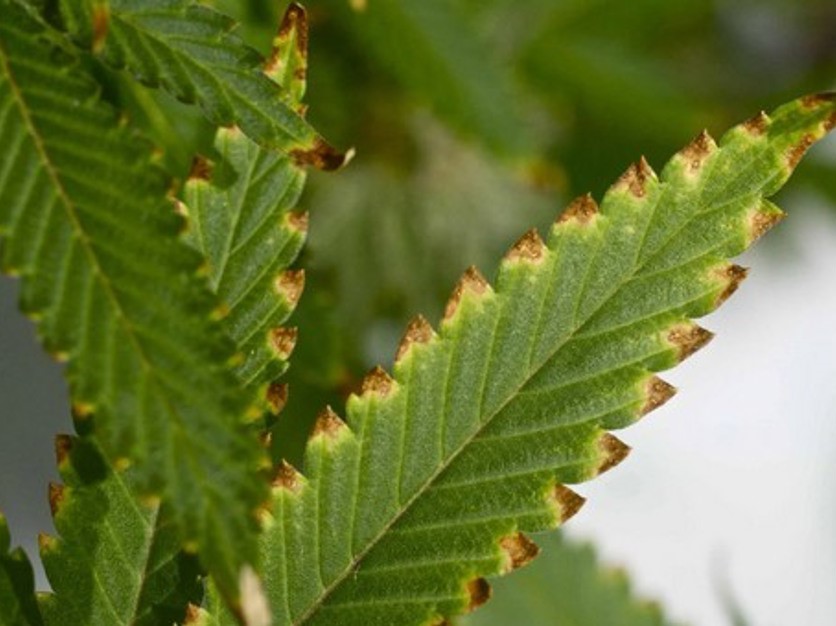
- Cause: Nutrient toxicity can be caused by overuse of nutrient solution, incorrect nutrient ratios, or the accumulation of salts and minerals in the solution.
- Diagnosis: Check your nutrient solution and pH levels regularly to make sure they are within the appropriate ranges. Inspect the plants for signs of nutrient toxicity, such as burnt tips or edges of leaves, stunted growth, or nutrient deficiency.
- Fix: Adjust the nutrient solution to correct any imbalances or toxicities. Consider flushing the system with fresh water to remove any excess nutrients. Check the root system for any signs of damage or disease and take appropriate action.
That’s It!
That’s it, folks! Remember to use high-quality water, measure pH and nutrient levels regularly, adjust nutrient levels as needed, and keep nutrient solution free of pathogens and algae. Don’t use tap water without testing and treating it, don’t let nutrient levels become too concentrated, or expose the nutrient solution to sunlight. And definitely don’t use regular fertilizer in your hydroponic system, Ever.
By following these tips, you’ll be well on your way to becoming a Hydroponic Pro. And if all else fails, just remember: when life gives you wilted lettuce, make hydroponic lemonade! So, go ahead and share your own experiences and tips with us. Happy growing!

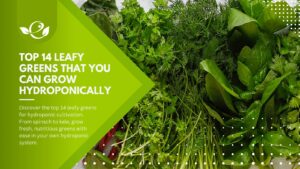
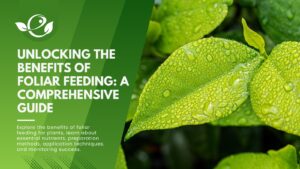
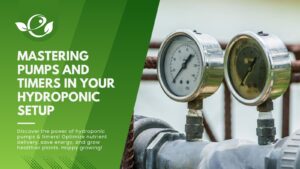
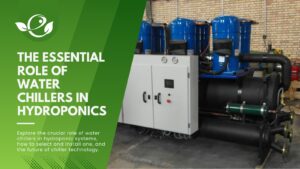
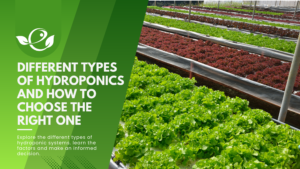
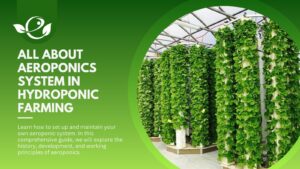
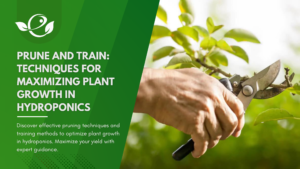
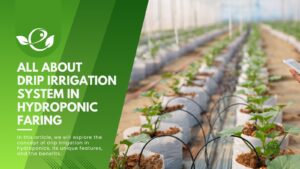
This Post Has 7 Comments
Nk Srivastava
I want know about hydroponic farming and from whree I may get know how about near me(ncr) Delhi
I think u can try the online hydroponic course provided by “envirevo agritech”. I join their course a few months ago, and I gain a lot of knowledge about hydroponics. Their team was very helpful.
Thank you for appreciating us. We are happy to help you again.
How I start hydroponic farming.
And where to take training.
How much money I want to start the farming.
You can join our online Hydroponic course “Kick Start To Hydroponics” to gain complete knowledge about hydroponics or you can also contact us directly.
Click here to join our course.
Want to know all about Hydroponics to start in Kolkata ( WB). Where to get training ?
You can join our online Hydroponic course “Kick Start To Hydroponics” to gain complete knowledge about hydroponics or you can also contact us directly.
Click here to join our course.